Publication
> Thesis
> 'Pixel detectors in double beta decay, experiments COBRA and TGV'
Pixel detectors in double beta decay, experiments COBRA and TGV
Author
Year
2014
Scientific journal
Ph.D. Thesis, CTU Prague
Abstract
The double beta decay (ββ) is a very challenging subject in today’s physics. It can be used
as a powerful tool to test neutrino properties (e.g. if neutrino is Dirac or Majorana type) and
lepton number conservation. However, these experiments demand very high sensitivity and very
strong background reduction. New experimental approaches are necessary for satisfying such
demands. Pixel detectors offer new possibilities in this direction, as it can better identify the
background events and increase the efficiency of measurement. Timepix detector from Medipix
collaboration is currently under investigation for two double beta decay experiments (TGV
and COBRA). A new coincidence setup, pixel telescope (with detectors face to face) has been
constructed and extensive background measurements were performed. Main tasks of this work
were to propose and construct a suitable pixel detector setup for double beta measurements,
understand the background radiation in the pixel setup and to suppress them. The preliminary
results obtained from the background measurements (surface and underground) using newly
developed setups as well as the estimation of the experimental limits for double beta decay
which can be achieved using this unique detection technique are presented.
Cite article as:
J. Madathiparambil Jose, "Pixel detectors in double beta decay, experiments COBRA and TGV", Ph.D. Thesis, CTU Prague (2014)
Search
Recent events
Seattle, USA
8-15 Nov 2014
Surrey, United Kingdom
Sep. 8, 2014
April 24, 2014
3 Apr 2014
Seoul, Korea
27 Oct - 2 Nov 2013
Paris
23-27 June 2013
29 Oct - 3 Nov 2012






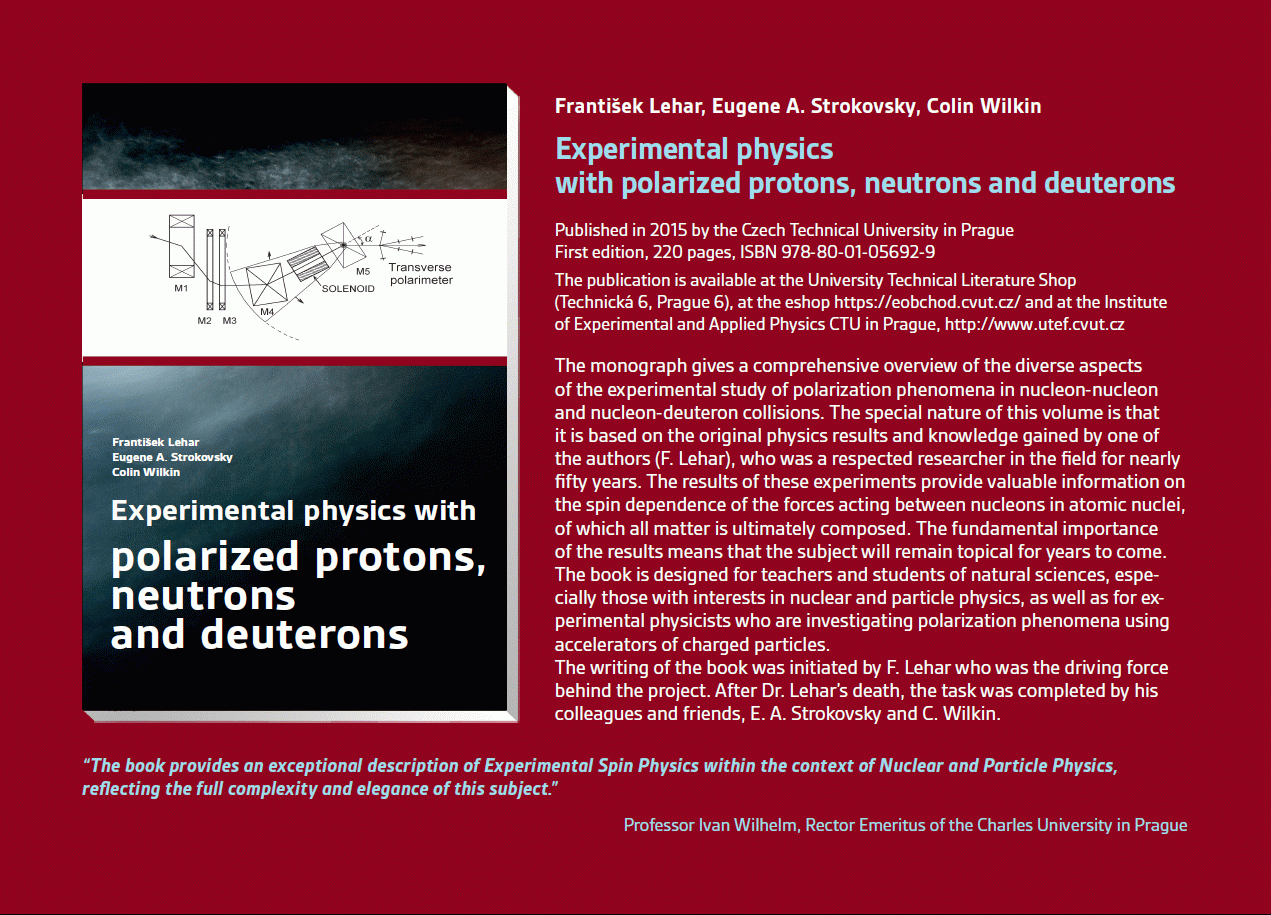 Experimental physics
with polarized protons, neutrons and deuterons
Experimental physics
with polarized protons, neutrons and deuterons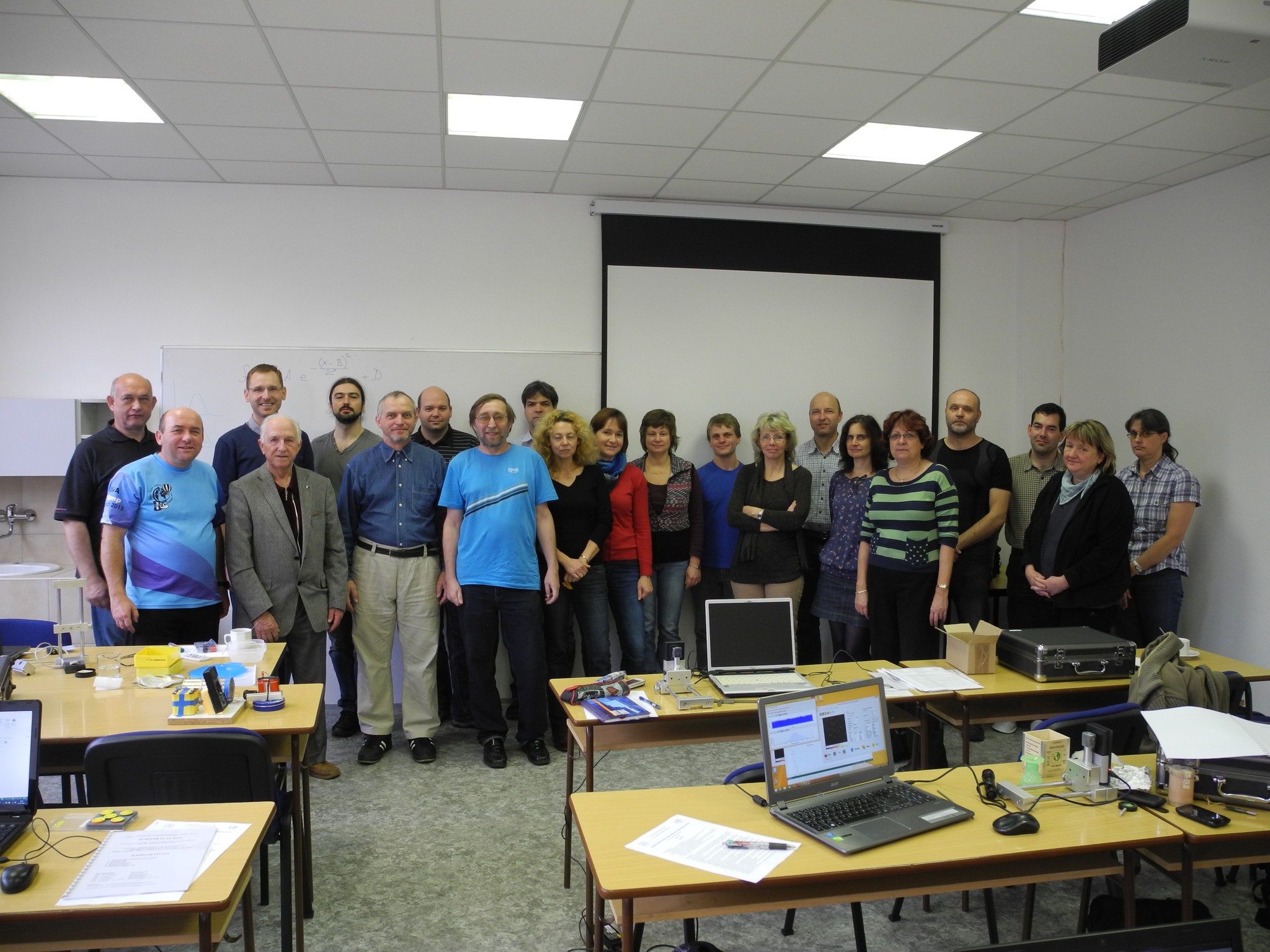 Progressive detection methods in atomic and particle physics education at middle and high school level
Progressive detection methods in atomic and particle physics education at middle and high school level NSS MIC IEEE Conference
NSS MIC IEEE Conference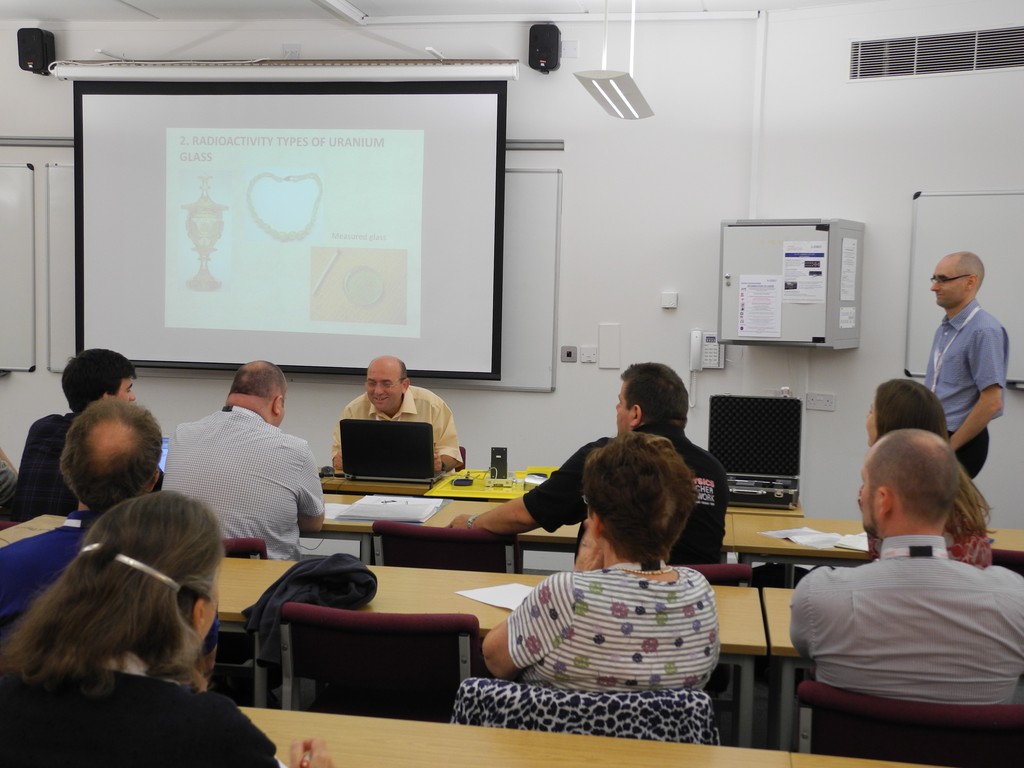 SEPnet, CERN@school Conference
SEPnet, CERN@school Conference Lovci záhad - natáčení ČT ve spolupráci s ÚTEF
Lovci záhad - natáčení ČT ve spolupráci s ÚTEF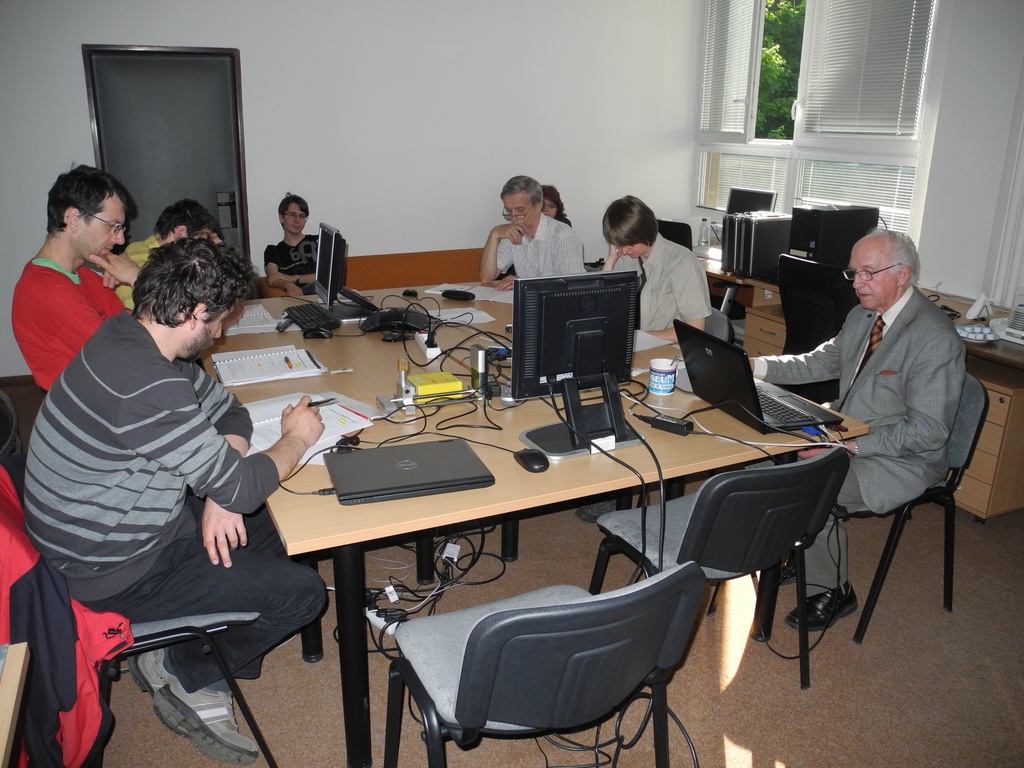 Advanced detection methods in atomic and subatomic physics education.
Advanced detection methods in atomic and subatomic physics education. Listening to the universe by detection cosmic rays - visit of French and Czech students
Listening to the universe by detection cosmic rays - visit of French and Czech students NSS MIC IEEE Conference
NSS MIC IEEE Conference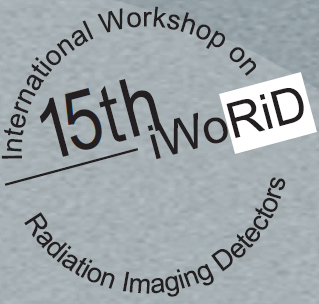 15thIWORID
15thIWORID NSS MIC IEEE Conference
NSS MIC IEEE Conference